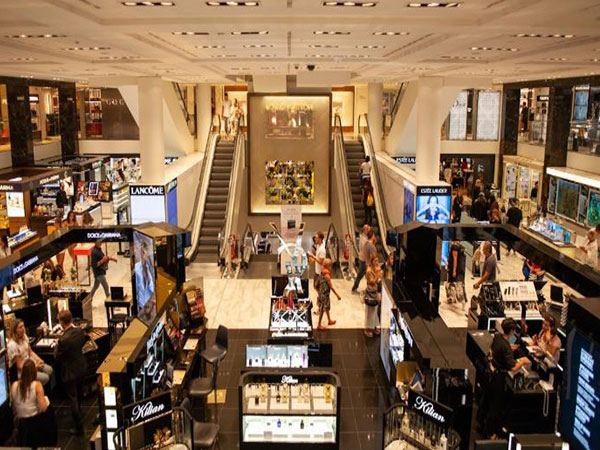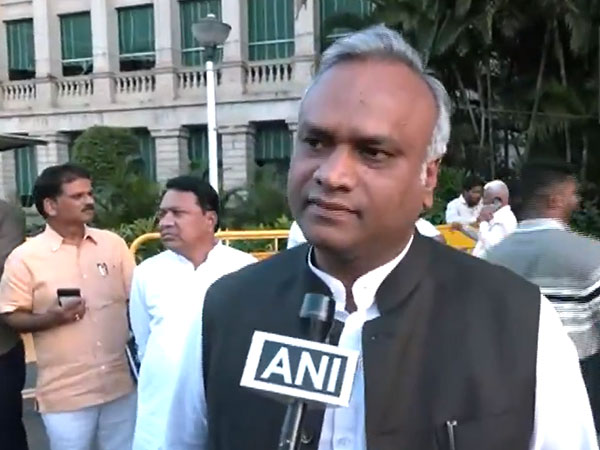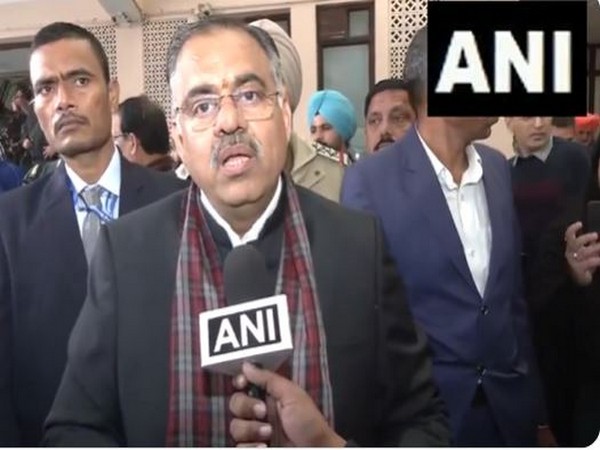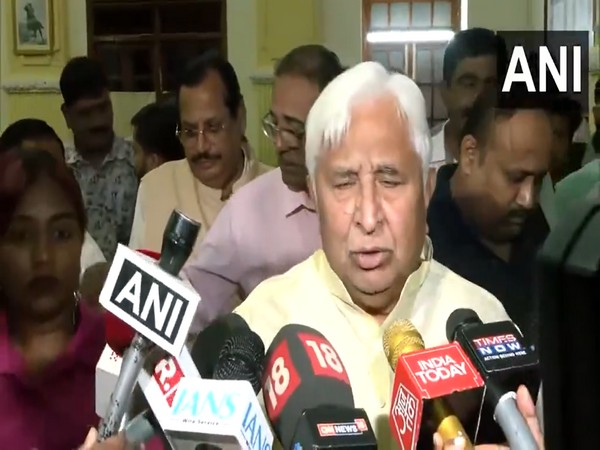New Delhi [India], December 30 (ANI): The Retailers Association of India (RAI) has reported a 7 per cent growth in the retail sector during the festive period from October 7 to December 1, compared to the corresponding period in 2023.
While the growth indicates an upward trajectory, it fell short of the anticipated 10 per cent growth, reflecting the broader challenges faced by the sector says the report
Kumar Rajagopalan, CEO, RAI, said, “RAI’s survey indicates a moderate growth of 7 per cent during the October-November festive season, falling short of the anticipated 10 per cent. Consumption growth has been subdued throughout the year, prompting retailers to boost business through promotional offers and encouraging festive purchases.”
Rajagopalan says 2025 will be more challenging, “We are hopeful for stronger growth in 2025, as rising operational costs require a sustained growth trajectory to maintain profitability. Inflation, intensified competition, and limited spending, particularly by the lower middle-class population, remain significant challenges,” he added.
Regional data from the survey shows West India leading with an 8 per cent growth, while North, South, and East India recorded a uniform 7 per cent increase.
Despite challenges, retailers witnessed a surge in specific categories, with food and grocery leading the way at 14 per cent, quick-service restaurants (QSR) at 10 per cent, and jewellery at 9 per cent.
As quoted by India Brand Equity Foundation (IBEF), according to Kearney Research, India’s retail industry is expected to grow at a steady 9 per cent annual rate between 2019 and 2030, expanding from USD 779 billion in 2019 to USD 1,407 billion by 2026, and exceeding USD 1.8 trillion by 2030.
The country’s direct selling market is also on track to reach a valuation of USD 7.77 billion by the close of 2025. Despite facing significant challenges.
India ranks third globally in the number of e-retail shoppers, trailing only China and the US. Emerging logistics companies are projected to facilitate 2.5 billion Direct-to-Consumer (D2C) deliveries by 2030, while online used car transactions are anticipated to grow nine-fold over the next decade.
Recent industry analyses indicate that the e-commerce sector experienced a remarkable 36.8 per cent year-on-year increase in order volumes.
With consumers increasingly gravitating toward online shopping, this trend highlights the advanced stage of development achieved by India’s e-commerce brands.
India’s retail sector holds a prominent global position, ranking as the fourth-largest market and contributing over 10 per cent to the country’s GDP.
The number of online shoppers in India is expected to surge from over 150 million in 2020 to approximately 500 million by 2030.
The nation’s digital economy is projected to reach USD 800 billion by 2030, while the e-commerce market is poised to achieve a gross merchandise value (GMV) of USD 350 billion. Additionally, Crisil forecasts a robust 14-15 per cent growth in the top-line of the organized food and grocery retailers in FY25. (ANI)
Disclaimer: This story is auto-generated from a syndicated feed of ANI; only the image & headline may have been reworked by News Services Division of World News Network Inc Ltd and Palghar News and Pune News and World News
HINDI, MARATHI, GUJARATI, TAMIL, TELUGU, BENGALI, KANNADA, ORIYA, PUNJABI, URDU, MALAYALAM
For more details and packages

















